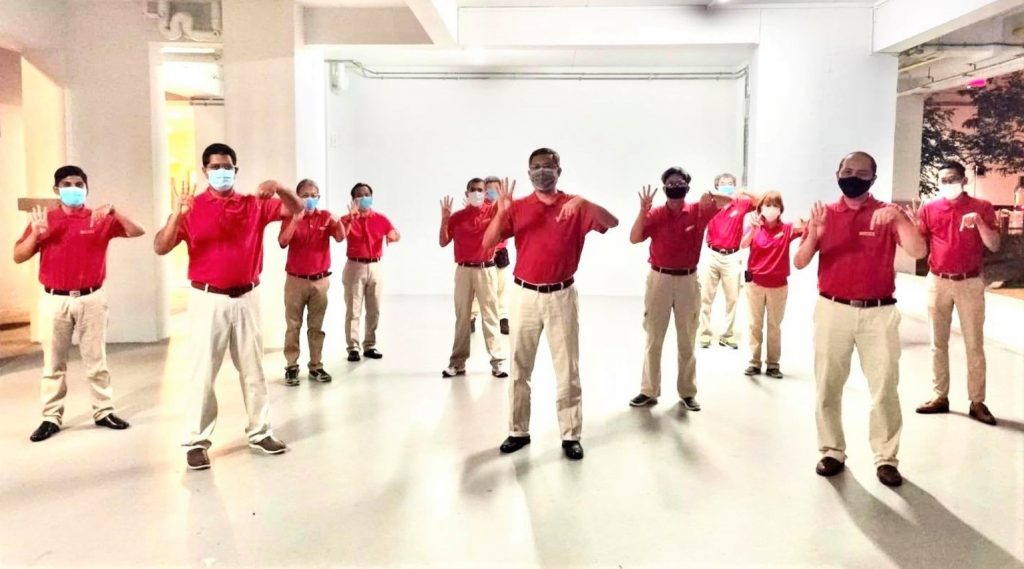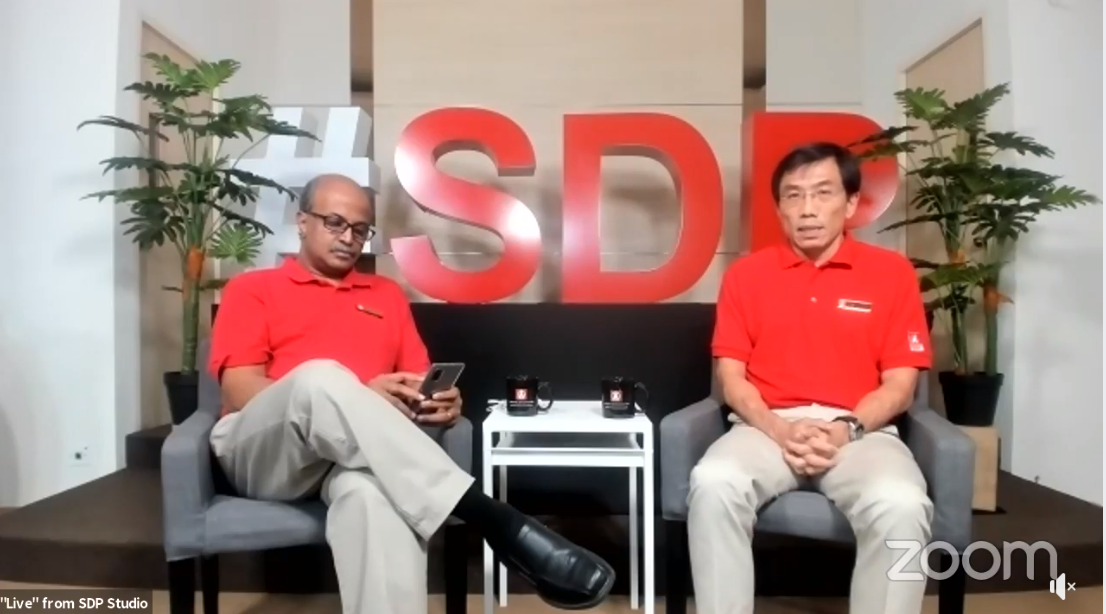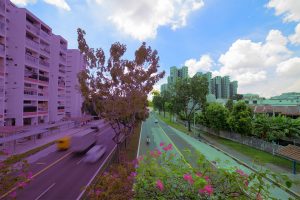Disclaimer: Rice does not endorse or support any political party in Singapore.
The Singapore Democratic Party (SDP), represented by its Chairman Dr. Paul Tambyah, and its Secretary-General, Dr. Chee Soon Juan, outlined the party’s overarching campaign message for the General Election at a virtual press conference last night.
Summarised as ‘4 Yes, 1 No’ (4Y1N), its key tenets are:
1) Suspend GST until 2021
In response to Covid-19 and concerns around low-income Singaporeans’ ability to cope with the cost of living, the party proposed a temporary suspension of GST till the end of 2021. Dr Chee suggested that this would help stimulate the economy by boosting consumer confidence and spending.
Dr Tambyah felt that as a regressive tax, GST is particularly “objectionable”. He noted that various other forms of tax, such as capital gains or estate duty, are currently not levied in Singapore.
Asked if it would be ‘difficult’ to subsequently reintroduce GST after 2021, Dr. Chee suggested that it might continue to be waived for basic necessities and raised to 10-15% for luxury goods, but did not provide further details.
2) Retrenchment benefits
Under their proposal, recipients would receive payouts for an 18-month period, capped at the median wage: 75% of their last drawn salary for the first six months, followed by 50% for the next six, and 25% for the last six.
Dr. Chee estimated that according to their calculations, annual expenditure for this policy would amount to around $2 billion, and suggested that the scheme might be ‘extended’ to allow groups of 10 individuals to band together and receive their payouts in a lump sum as start-up capital to fund business proposals.
The pair did not elaborate on how this scheme would be funded, or the party’s job support plans for young Singaporeans and fresh graduates.
3) Retirement income
The party proposed that the bottom 80% of retirees would receive a guaranteed monthly income of $500, on top of their CPF payouts.
Citing a study from the Lee Kuan Yew School of Public Policy (LKYSPP), which found that elderly Singaporeans need $1,379 a month to meet basic needs, Dr. Chee criticised current CPF payouts as being “inadequate”. He added that the additional $500 would help “retirees lead a decent life with a bit of dignity”, although he did not explain how the scheme would be funded.
“You’ve got a whole segment of the elderly population who cannot make ends meet,” he said, adding that this was “unconscionable” and “a huge cost to society which will come back to haunt us economically”.
4) Putting people first
Unlike the first three, this ‘yes’ appears to represent a principle rather than a specific policy. Dr. Chee criticised this year’s four Budgets as being heavily reliant on trickle-down economics, with the bulk of the government’s spending—around $72 billion out of $92.9 billion—being used to support employers and corporations rather than helping Singaporeans directly.
Throughout the session, the pair were vocal about the need to address income inequality and the cost of living, adding that a “significant segment” of society had been left behind, and that Covid-19 had exposed the current economic system as “unsustainable”.
“Whether you like it or not, change is upon us, and if we don’t begin to move with this change and adapt, this whole thing is going to fall apart,” said Dr. Chee. “We must make sure that we have a substantial, substantive conversation about how to help people, especially those who are the most vulnerable. and make sure that they are able to pull through the next crucial phase.”
5) ‘No’ to a population of 10 million
Dr. Chee said that this would be a ‘complete disaster” and was “something [the SDP] wants to warn against”. He did not suggest what an ideal population size for Singapore would be.
The 10 million figure was floated by Mr Liu Thai Ker, the former chief planner of the Urban Redevelopment Authority, in 2014. It was cited by Deputy Prime Minister Heng Swee Keat during a dialogue session in 2019, although it does not appear to have been formally raised in any White Papers.

Throughout the session, the pair appeared visibly frustrated by questions about the party’s campaign plans and the state of the Opposition, preferring to keep the focus on their proposals.
Dr Chee claimed that while the party had begun preparing for the elections in 2019, they were nonetheless ‘shocked’ by its timing. Both he and Dr. Tambyah heavily criticised the government for calling them in the midst of the pandemic. With physical rallies off the table for this year, he suggested that online campaigning would still be an “uphill struggle”, adding that mass rallies had been a mainstay of the party’s fundraising efforts.
Asked if the SDP would even have enough presence to make a difference, given that it will only be fielding 11 candidates in five constituencies, Dr Tambyah argued that it was more about “quality than quantity” and sending a “loud and clear” message to the PAP.
Referencing the 2011 election, when the PAP took home its lowest-ever share of the popular vote, as a ‘watershed’, he suggested that this had made the PAP more amenable to addressing voters’ concerns.
“We could actually see the PAP listening to people and making substantive changes … All those things happened because the voters of Singapore in 2011 took the opportunity to send the PAP a message,” he said.
Ultimately, both he and Dr Tambyah argued that the uncertainty caused by Covid-19 should not discourage voters from taking a chance on the Opposition.
Responding to a question about Singaporeans who were afraid to “rock the boat”, Dr Chee suggested that “remaining still” would be worse, and that the boat was “already sinking” under the governance of the PAP.
“If you just remain still and don’t rock the boat, it’s going to sink,” he said. “All this was happening before Covid-19 and it’s going to continue. We’ve got to paddle very hard to ensure we get to shore.”
This GE, we’re not just interested in the winners and losers. Join RICE as we satirise, over-analyse, and dissect everything from how we talk about politics and politicians to what we think we know about how Singaporeans vote.
Have a lead for a GE 2020 related story? Write to us at community@ricemedia.co.







